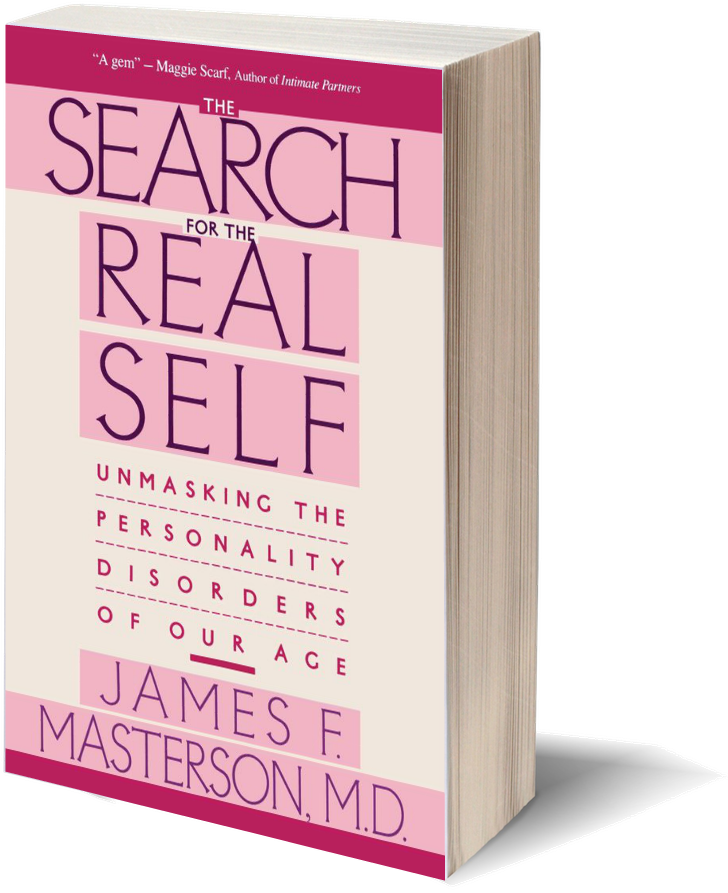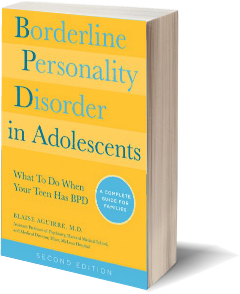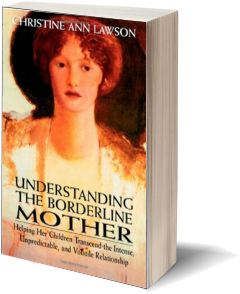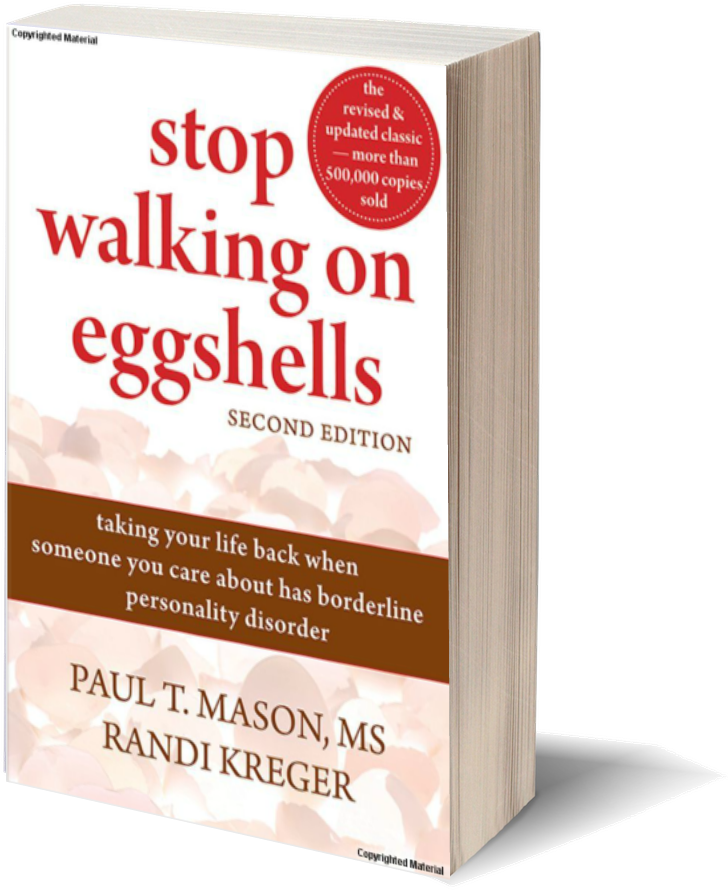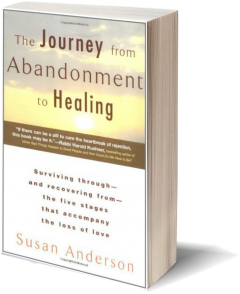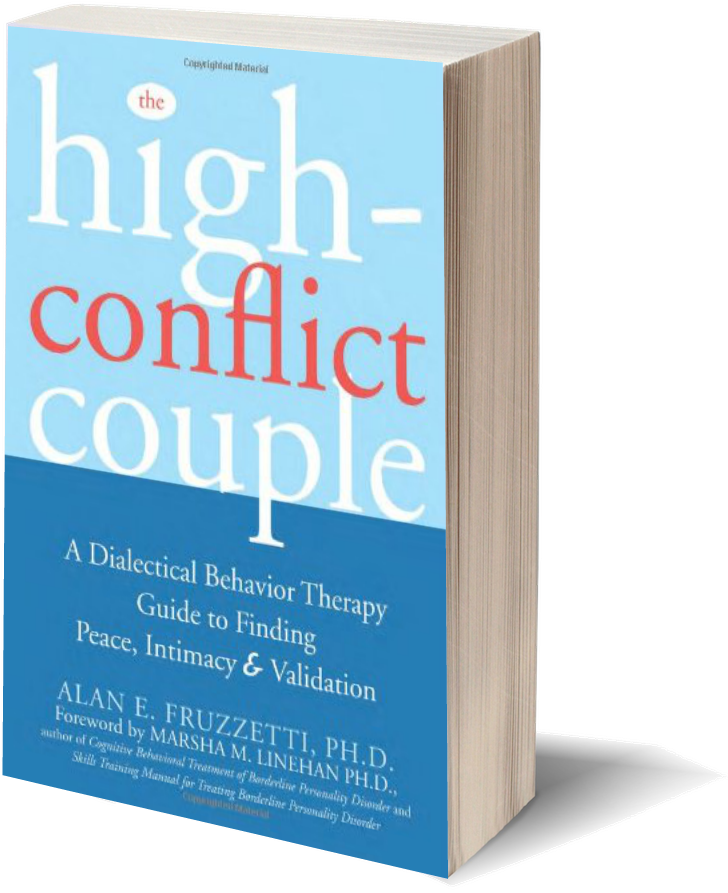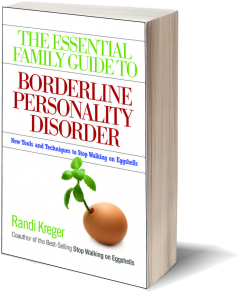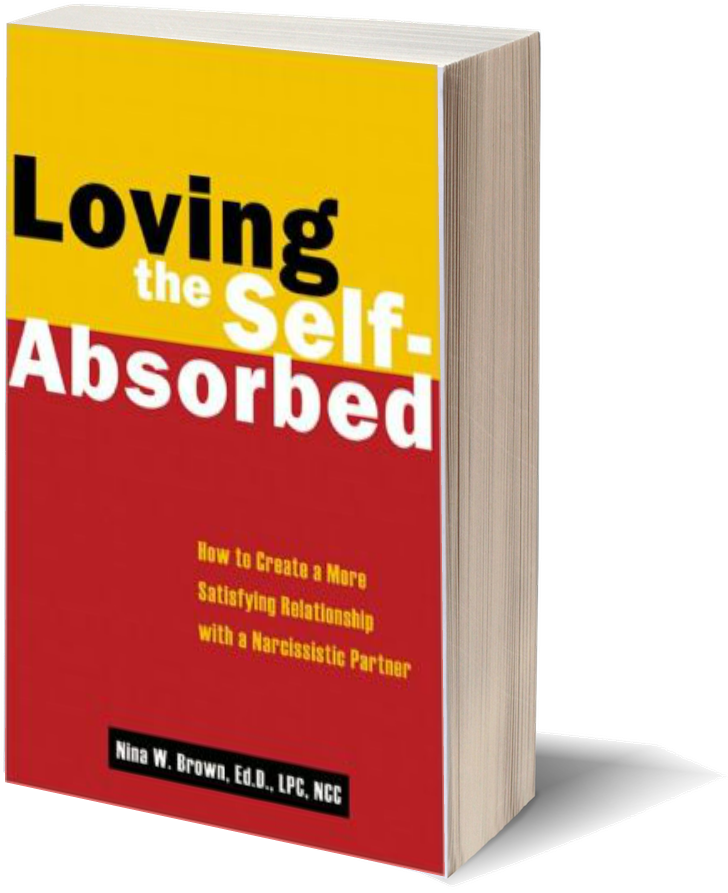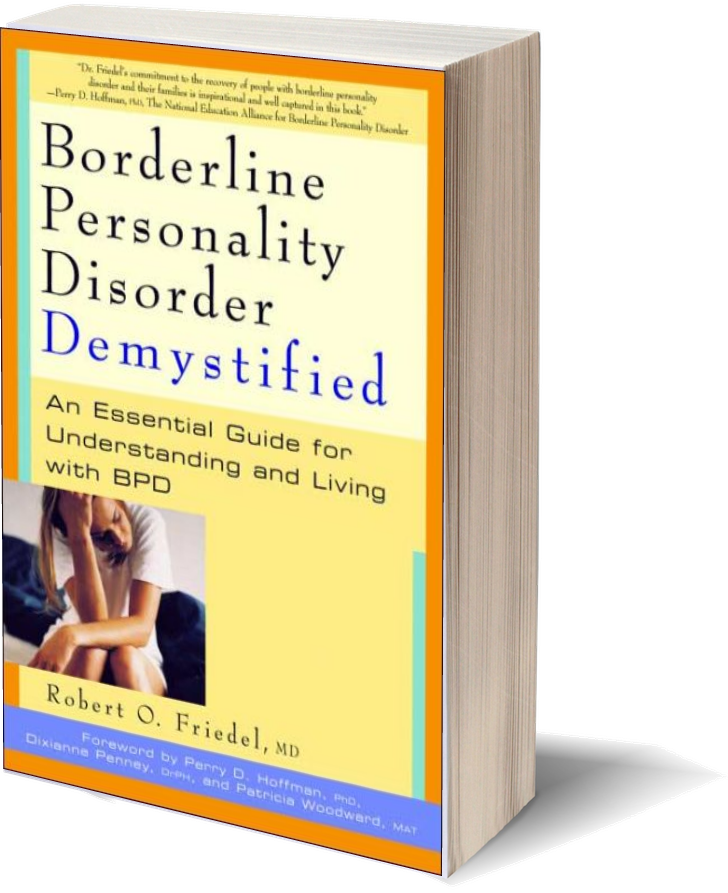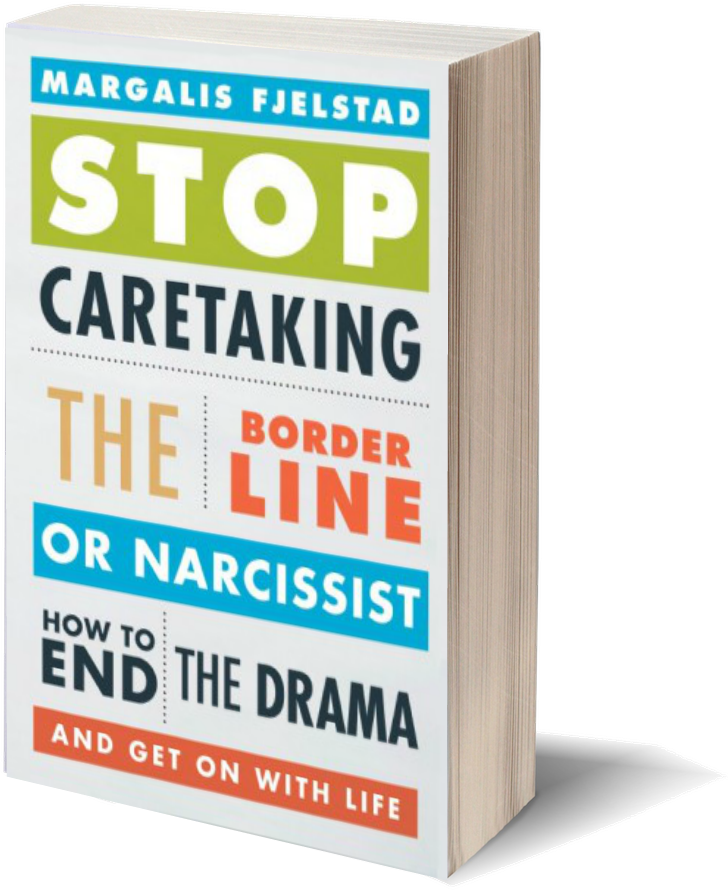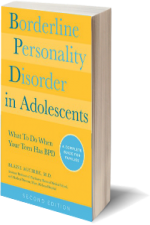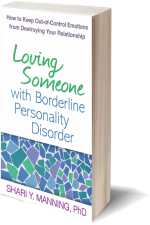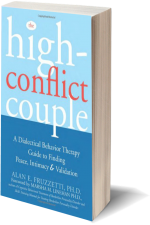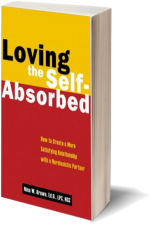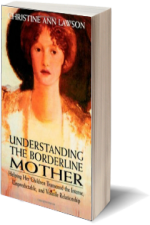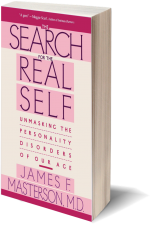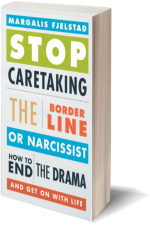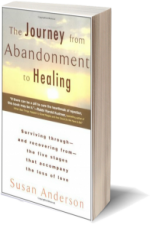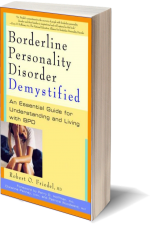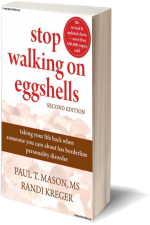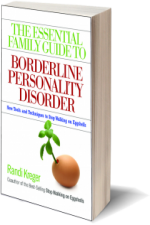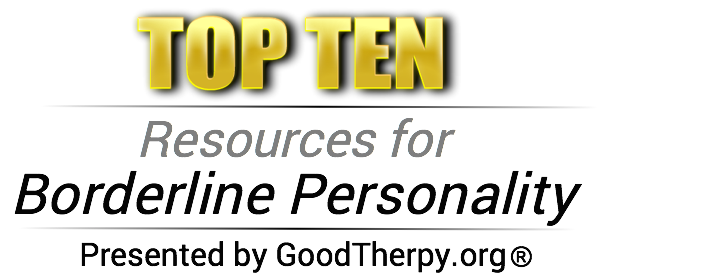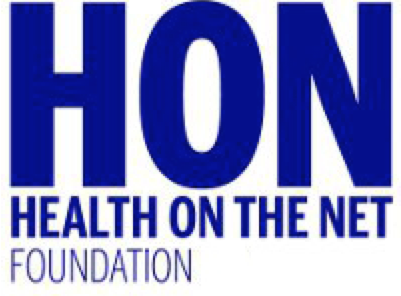Book Reviews
Many therapists are hesitant to diagnose a teen with Borderline Personality Disorder because of the belief that the personality is not fully developed until after age 18. One problem is that after 18, a child can refuse treatment or limit the parents access to their care. Another problem is that treatment If the Borderline Personality Disorder could be reliably diagnosed earlier, parents can do more for their children.
This is a "putting the puzzle pieces together" book for anyone growing up with a parent they suspect may be suffering from Borderline Personality Disorder. This book is very useful for children and husbands. It is both validating and eye-opening for those who have lived this life, and is a very good introduction to Borderline Personality Disorder and its effects on the offspring.
Your therapist may have recommended Stop Walking on Eggshells. Therapists will suggest that you read this book to see if the description sounds anything like your mother (or child, or relationship partner). Stop Walking on Eggshells was one of the first books for the general public on Borderline Personality Disorder and has sold over a half million copies and has been published in nine languages. It is currently in its second edition, updated in 2010.
This is a "get in touch with your feelings" book and will help anyone who is struggling with the loss of a romantic relationship. This is a good book for people struggling with abandonment issues, including those going through the ending of a relationship as well as those suffering the woundedness of earlier disconnections.
This book provides practical ways to understand the narcissist from a non-judgmental point-of-view. A narcissistic partner is forever putting his or her own needs first and is often demeaning, manipulative, controlling, and competitive. After the early stages of a relationship, the non-narcissist is often left questioning their own value.
Borderline Personality Disorder is not well understood by the general public. Personality Disorder Demystified is an excellent resource to help someone become "grounded" in the basics and have a reliable foundation. The author is well founded technically and in personal experience - he is an MD and had a sister with the disorder. This is an excellent read. It is, however, not a "how to" book.

